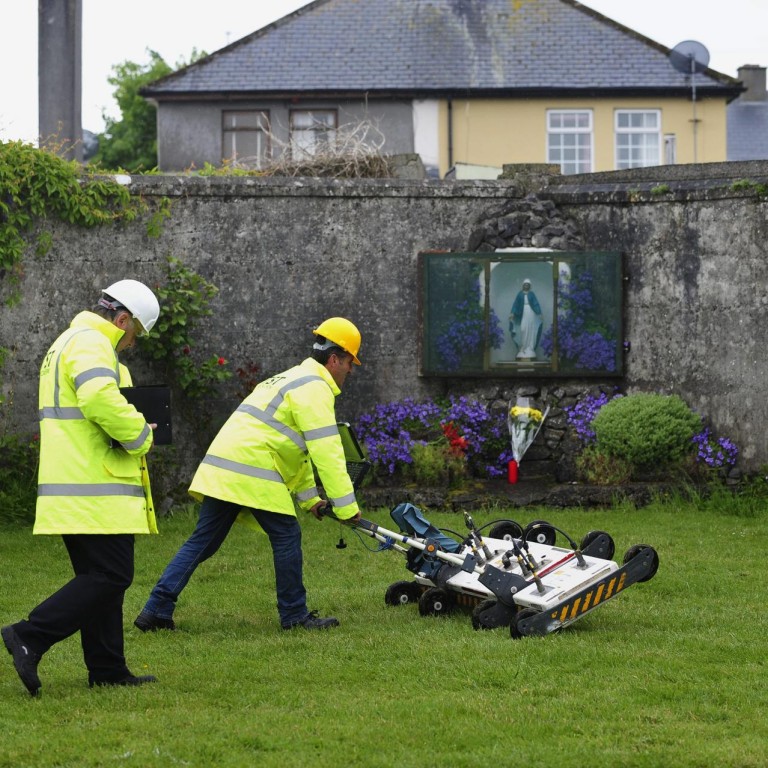
Ireland orders probe of Catholic homes for unwed mothers after mass deaths revealed
The Irish government will launch a full investigation into controversial Catholic homes for unmarried mothers, following revelations that up to 800 infants died in one such institution over a 35-year period.
The Irish government will launch a full investigation into controversial Catholic homes for unmarried mothers, following revelations that up to 800 infants died in one such institution over a 35-year period.
The minister for children and youth affairs, Charlie Flanagan, said it was "absolutely essential" to establish the facts about the church-run "Mother and Baby" homes, which accommodated thousands of unmarried women.
He said: "The government and the cabinet have decided to establish a commission of investigation with full statutory powers to examine all matters pertaining to 'Mother and Baby' homes throughout the state."
The move follows the disclosure that 796 children, from newborns to a nine-year-old, died in a home run by the Bon Secours order of nuns in Tuam, in County Galway, between 1925 and 1961.
Historian Catherine Corless, who made the discovery, says death records from the home showed the children died from malnutrition and diseases such as tuberculosis and measles.
There are no burial records for the children, leading many to believe a mass grave in a disused septic tank discovered in 1975 near the home was the children's final resting place.
Thousands of pregnant women were sent to homes in 20th century Ireland as the conservative society at the time ostracised women who became pregnant outside marriage.
Speaking in parliament after the announcement of the investigation, Prime Minister Enda Kenny said the treatment of pregnant unmarried mothers at the time was an abomination.
Kenny said the children of such women were deemed an "inferior subspecies".
"This was Ireland of the '20s to the '60s. An Ireland that might be portrayed as a glorious and brilliant past, but in its shadows contained all of these personal cases where people felt ashamed, felt different, were suppressed, dominated and obviously the question of the treatment in the mother and babies homes is a central part of that."
The investigation will examine mortality at the homes, which was far greater than the general population. It will also look at the burial practices at the homes, as well as the issue of adoptions and vaccine trials on children.
The Irish Catholic bishops welcomed the announcement, and called for all church authorities involved to assist the investigation.
"We encourage all those who had any responsibility for setting up, running or overseeing the homes or adoption agencies to gather any documentation or information that might be of assistance," the Catholic Bishops' Conference said.
The issue of adoptions is one of the most contentious legacies of the homes, as most mothers were forced to give up their babies. Many of the children were adopted abroad or fostered.
The issue received wide public attention last year when the story of Philomena Lee was made into the Oscar-nominated film , starring Judi Dench and Steve Coogan.
Lee attended a "Mother and Baby" home in Tipperary in the 1950s and was made to give up her son for adoption.
The bishops said the inquiry should investigate how adoptions from the homes were "organised, processed and followed up".
"Sadly we are being reminded of a time when unmarried mothers were often judged, stigmatised and rejected by society, including the church," they added.
